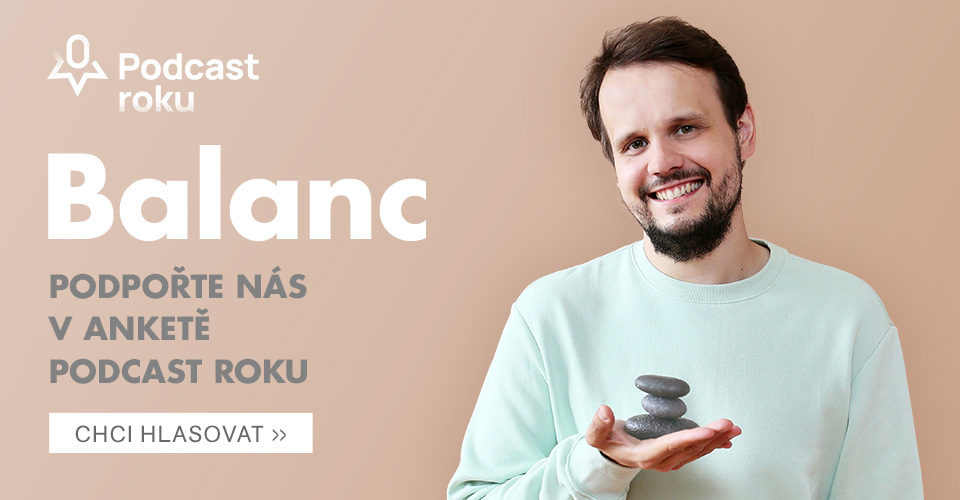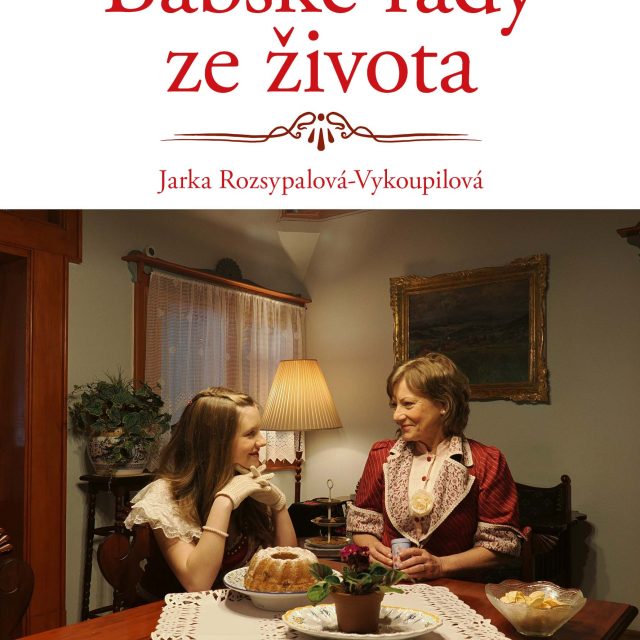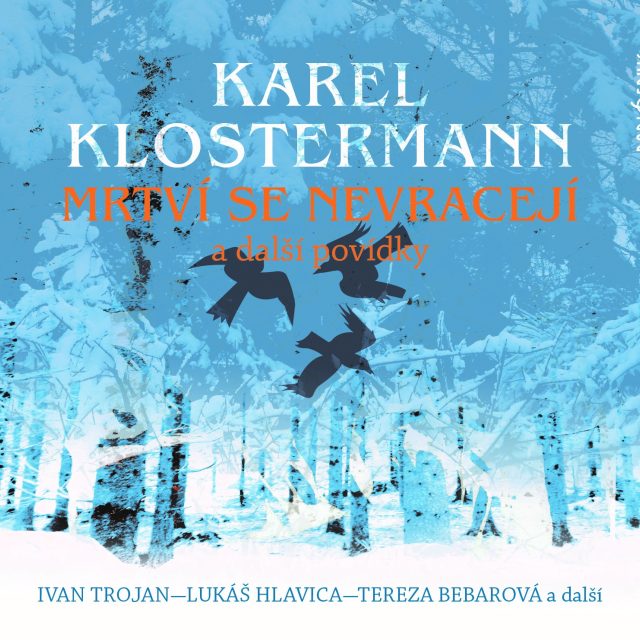“I tried to bury the trauma with work. Then I broke down,” says Nille, who survived the attack in the center of Oslo
“When you are traumatized to such a degree, you stop sleeping. It seemed like an advantage, because I had so much to do. And so I worked into the night,” says Nille. When the van full of explosives detonated in front of a government building in Oslo, Nille was in her office. The blast killed eight people. Nille was left physically unscathed, but her life became a bad dream. Episode 3 of the podcast series Surviving Utøya and Oslo presents an intimate look at her experience.
Nille worked as the Head of HR at the Norwegian Ministry of Education. She loved her work. On Friday, 22 July 2001, just before 4:30pm, she was walking from her desk to the copy machine. “Suddenly there was this large, enormous noise,” describes Nille. “I just stood there, unable to do anything. In total shock. I looked down at my hands. They were shaking. Enormously,” she adds.
As Head of HR, Nille had to immediately get to work. She tried to figure out if any of the murdered victims were employees of the ministry. She started calling everyone who was at work that day, offering them psychological help. At the same time, she was tasked with building a new ministry over the weekend. At a new location.
On the afternoon of July 22nd, 2011, the roughly-thirty-year-old Norwegian far-right extremist Anders Behring Breivik detonated nearly a ton of explosives in a white van parked in the government quarter in the center of Oslo. He killed eight people. Less than two hours later on the island of Utoya, amidst a summer camp organized by the youth wing of the then-ruling Labour Party, he shot dead 69 young people.
After some time, she was diagnosed with posttraumatic stress disorder. “The psychiatrist offered me treatment, and I just said no. I’m not sick. I’ve stopped sleeping, but I don’t need to sleep that much. So thanks, but no thanks,” recalls Nille. With time, various complications began to emerge. “I was very, very tired. My head was filled with cotton. I had very bad memory, very bad concentration. And it just got worse and worse. I dealt with it by working harder and harder, putting in more hours. I thought it was ok, because I was so filled with adrenaline, so filled with stress. So I didn’t feel the need for sleep. I was stress driven,” explains Nille. She continued to deny anything was truly wrong. A few months later, she broke down.
What helped Nille in her struggle with posttraumatic stress disorder? Why did she write the first Norwegian book about this diagnosis from the perspective of the patient? This and more on the third episode of the seven-part podcast series Surviving Utøya and Oslo.
The series was created in cooperation with the production company Subjektiv, with the support of the Norway Grants and in partnership with the 22 July Center in Oslo.
Více z pořadu
Mohlo by vás zajímat
E-shop Českého rozhlasu
Víte, kde spočívá náš společný ukrytý poklad? Blíž, než si myslíte!
Jan Rosák, moderátor
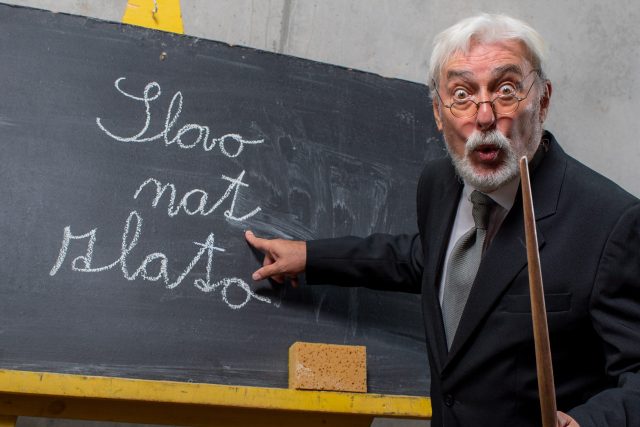
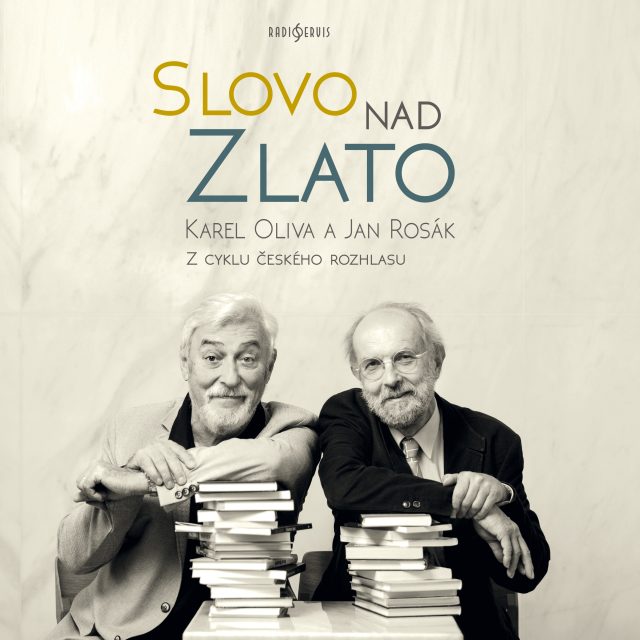
Slovo nad zlato
Víte, jaký vztah mají politici a policisté? Kde se vzalo slovo Vánoce? Za jaké slovo vděčí Turci husitům? Že se mladým paním původně zapalovalo něco úplně jiného než lýtka? Že segedínský guláš nemá se Segedínem nic společného a že známe na den přesně vznik slova dálnice? Takových objevů je plná knížka Slovo nad zlato. Tvoří ji výběr z rozhovorů moderátora Jana Rosáka s dřívějším ředitelem Ústavu pro jazyk český docentem Karlem Olivou, které vysílal Český rozhlas Dvojka.

